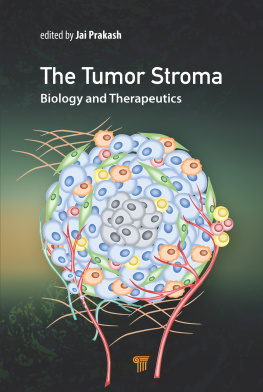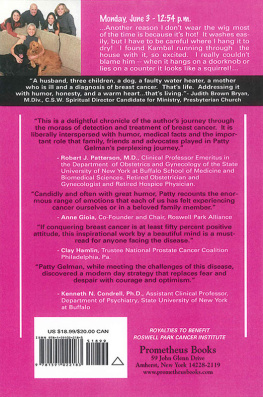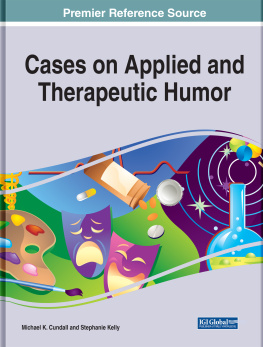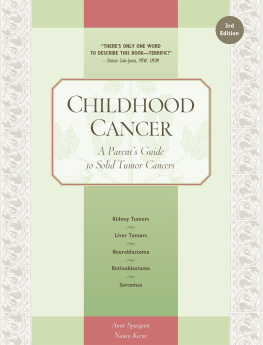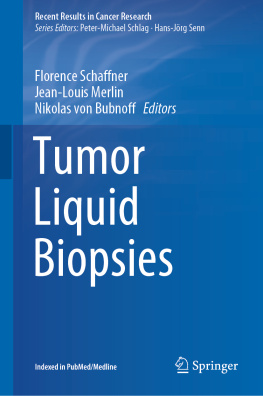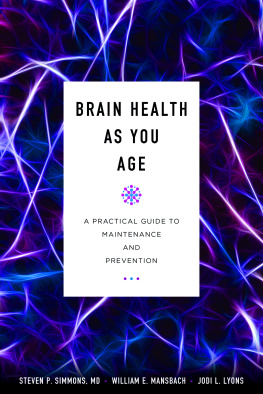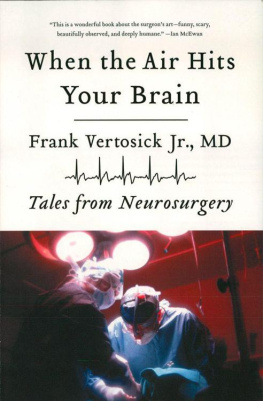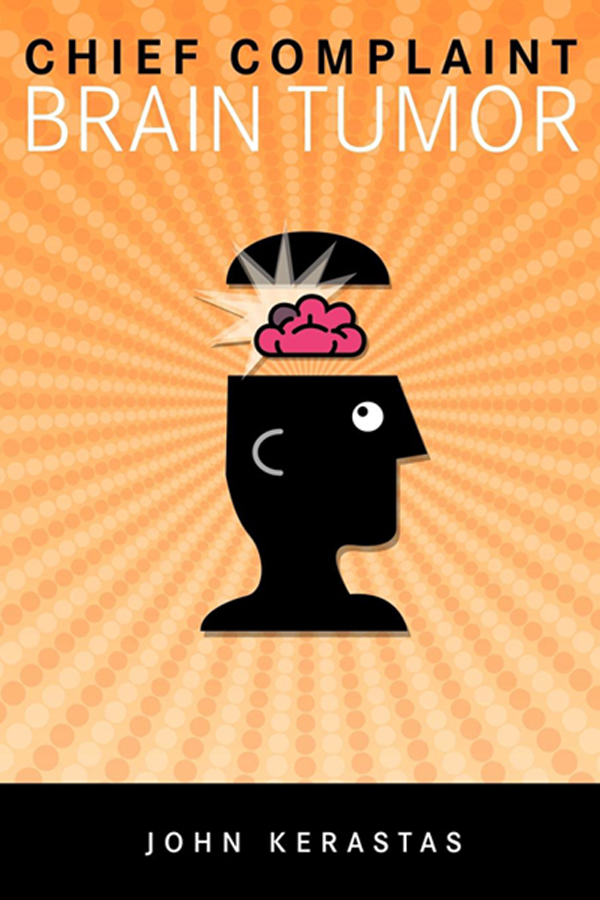CHIEF COMPLAINT
BRAIN TUMOR
CHIEF COMPLAINT
BRAIN TUMOR

JOHN KERASTAS

2012 by John Kerastas
All Rights Reserved.
No part of this book may be reproduced in any form or by any electronic or mechanical means including information storage and retrieval systems without permission in writing from the publisher, except by a reviewer who may quote brief passages in a review.
Sunstone books may be purchased for educational, business, or sales promotional use.
For information please write: Special Markets Department, Sunstone Press, P.O. Box 2321, Santa Fe, New Mexico 87504-2321.
Book design Vicki Ahl
Cover design Gerard Design
Body typeface Palatino Linotype
Printed on acid-free paper

Library of Congress Cataloging-in-Publication Data
Kerastas, John, 1953
Chief complaint : brain tumor / by John Kerastas.
pages cm
Includes bibliographical references.
ISBN 978-0-86534-908-7 (softcover : alk. paper)
1. Brain--Cancer--Popular works. I. Title.
RC280.B7K386 2012
616.99481--dc23
2012033257
www.sunstonepress.com
SUNSTONE PRESS / POST OFFICE BOX 2321 / SANTA FE, NM 87504-2321 / USA (505) 988-4418 / ORDERS ONLY (800) 243-5644 / FAX (505) 988-1025
Dedication
TO MY FAMILY,
who have stood right beside me through my darkest days.
Contents
Acknowledgements
I have many people to thank for aiding me in my journey, my recovery and my recuperation. For starters, I need to thank my loving family including my wife, Barbara, son David, daughters Sara and Jennifer, brother Eric, sister Nancy and Mom and Dad.
My old college roommates (Jim Deline, Dick Lukey and Kurt Sands) reached out to me and gave me several well needed chuckles as well as encouragement.
I was very lucky to be ministered by Dr. Gail Rosseau, her extremely competent assistant Adrianna Valtierra, RN, and all the wonderful medical personnel and staff I encountered at the Evanston NorthShore Hospital.
In addition, there are numerous kind-hearted and patient folks who gave me hope and endured my antics during rehab especially Beth Sullivan and Violet Potocki, both first-rate rehab therapists.
I probably wouldnt have written this without the encouragement of Kathy Laya who gave me a terrific head start and numerous helpful tips.
I also received substantial encouragement from Greg Bliss, Alan Boyer, Rob Jackson, Lisa Machtemes, and Gary Poole.
The good folks from the First United Methodist Church of Evanston were outstanding in their support including Pastor Dean Francis, Deacon Jane Cheema, Pastor of Pastoral Care Bob Keller, Patricia Haughney, Mary Rawlinson and all my other Appalachia Service Project buddies.
Also, key to writing this tome was the pitchers of coffee I had with my buddies at Mrs. Dees restaurant, i.e. Tom Gillespie, Dave Johnson and Marty Kohr, and probably a bunch of people Ive forgotten.
My taste buds want to especially thank Phil Krone who cooked his absolutely delicious four leg, three bean chili for us (or was it four bean, three leg chili?) which seemed like manna from heaven.
Numerous work friends provided substantial motivational support including David Brochu, Tim Holtan, Bob Leah, Duane Martin, Bill Nieman and Steve Tonissen, among others.
Ive gotten tremendous inspiration from the brain tumor community especially from bloggers and authors like Liz Holzemer, Samantha Kittle, Amy Marash, Kaylin Marie, and Beth Rosenthal.
I also am especially appreciative of James Clois Smith Jr., President of Sunstone Press for taking a chance on a previously unknown and unpublished author.
Lastly, I need to thank my old Burnett boss and mentor, Cynthia Stone, for her steadfast support and friendship through the years.
Preface
Laughter is the best medicine
Unknown
The official United Methodist Committee on Relief presentation for training Early Response Teams states that, there are four emotional tasks for survivors in recovering from a disaster:
1. Accept the reality of the situation (I cant believe it happened).
2. Experience the pain (its okay to hurt).
3. Accept that a new situation is required.
4. Withdrawing the emotional investment in the past and transferring it to the new.
1
Chief Complaint: Brain Tumor
Chief complaint: brain tumor, that was the subject line in the memo from my neurosurgeon to my general practitioner.
I did have a brain tumor. But the memo makes it sound like I knew I had a brain tumor and that it was just one of several complaints, I have a sprained ankle, a sore back and can you do something about this brain tumor? I want the record to show that I didnt even know that I had a brain tumor.
So, how do you know if you have a brain tumor? The clues arent always obvious. According to the American Brain Tumor Associations (ABTAs) excellent website, headaches are a common initial symptom for my type of brain tumor (meningioma). Headaches are also, well, common, and dont usually mean that you have a brain tumor.
Seizures are another indicator. If you have a seizure, its pretty obvious that you need to go see a doctor.
But what if you dont have a headache or a seizure? I didnt.
Mental and personality changes are also a warning. While mental changes sounds ominous, they could be as innocuous as short-term memory problems, speech glitches or concentration lapses.
And while I had my share of senior moments, none of them seemed any worse than the senior moments of my friends.
In the beginning, my chief complaint was that my eyesight was becoming wonky.
What do I mean? Well, in the summer of 2010, I began to recognize that something was wrong with my vision. On an erratic basis, in the right vertical third of my right eye, I would see a cascading series of irregular, amoeba-like images that looked like they were straight out of a petri dish. The rest of my right eye and my entire left eye saw what everybody else saw.
At first, I tried to ignore it. I told myself that it was a floater. It did, when it occurred, interrupt my train of thought but, as my friends and family will tell you, that isnt a particularly well-connected railroad in the first place.
Why didnt I run to the doctor when I first started seeing these wild images? Well, I have a tendency, and I suspect other folks do too, to put off learning about bad news, especially regarding health issues. This is, of course, irrational behavior. In almost every case, the earlier you know about a health problem the easier it is to fix.
So why pretend you dont have a health problem? It wasnt that I couldnt handle the truth; it was more like I didnt want to handle the truth right then. But even though I was in full denial, I knew I had to pop the pimple sooner than later.
I know people who, even when they know they have a serious health issue, avoid going to the doctor. My grandmothers sister refused to go to the doctor even though she was going blind. Guess what? She went blind.
Im not sure, but I think we do this because we believe that if we can just hide from the bad news for a few more days (or weeks or months), it will buy us time. It will buy peace. It will buy calm before the impending storm. And maybe, just maybe, this aching back or sore throat or strange eye problem will fix itself.


